-

Clotrimazole Vaginal: Uses, Side Effects, Interactions, Pictures, Warnings and Dosage
This medication is used to treat vaginal yeast infections. Clotrimazole may reduce the burning, itching, and vaginal discharge that may occur with this condition. This drug is an azole antifungal agent. It works by stopping the growth of yeasts (fungi) that cause the infection. Vaginal products c...Read more -

Nonsteroidal anti-inflammatory drugs (NSAIDs): types and uses
Nonsteroidal anti-inflammatory drugs, commonly known as “NSAIDs” (n-said), are widely used and inexpensive medications. They are called “non-steroidal” because they are in a different class of drugs than corticosteroid drugs, such as prednisone, which are sometimes used ...Read more -
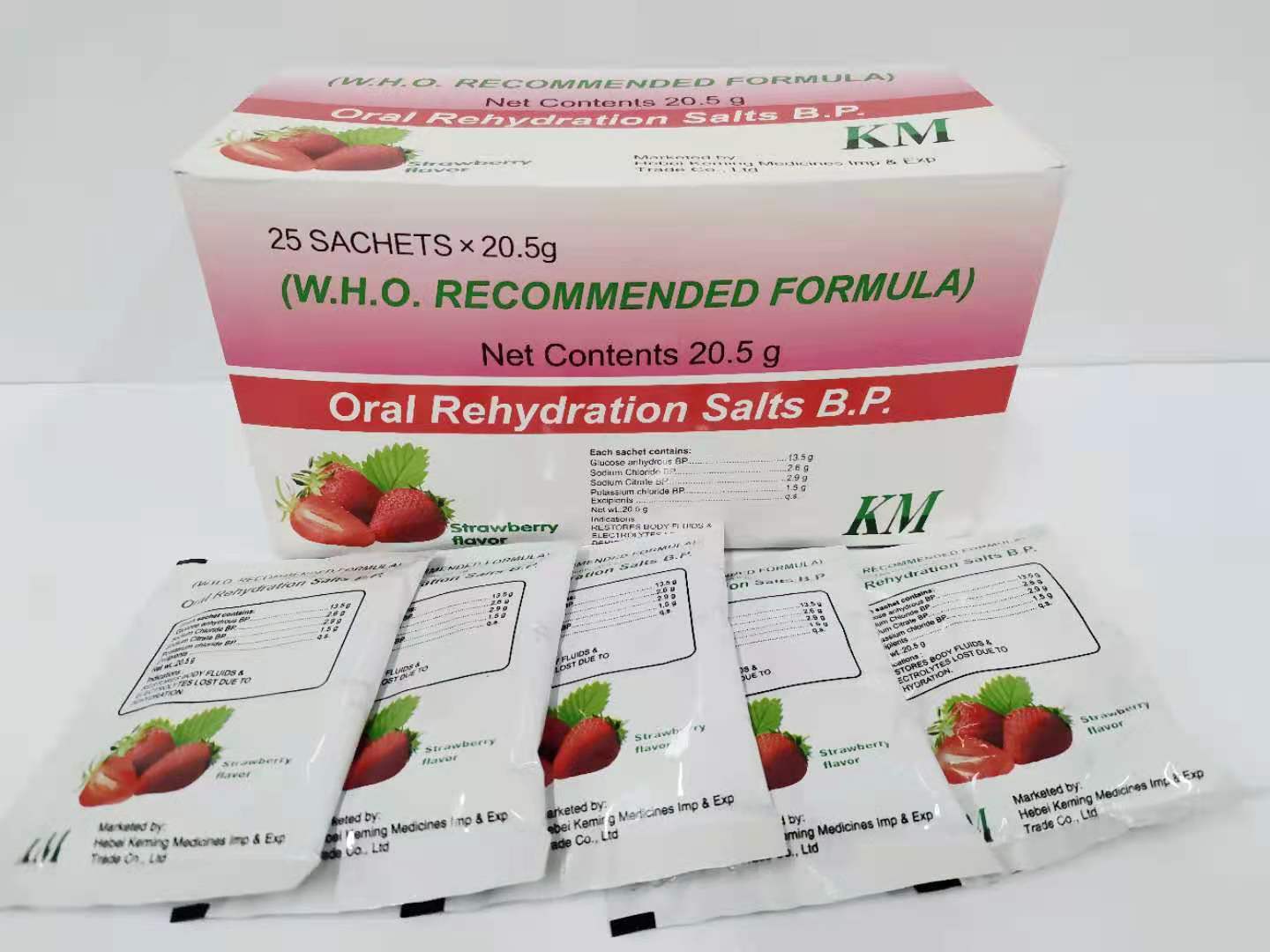
Oral rehydration therapy is a very simple and cheap treatment that saves many lives
Oral rehydration therapy is a very simple and cheap treatment that saves many lives every day, but it has taken a surprisingly long time for people to realize this. Over the past decades, the world has made significant progress in reducing deaths from diarrheal diseases. Back in 1990, 2.6 millio...Read more -

The synergistic power of nano-hydroxyapatite and vitamins for oral health
In honor of Children’s Dental Health Month, we celebrate the younger folks and the opportunities for prevention we have as clinicians. Here’s a look at how using vitamins along with a mineral, nano-hydroxyapatite, can help build and maintain children’s dentition. The role of vitamin D To b...Read more -
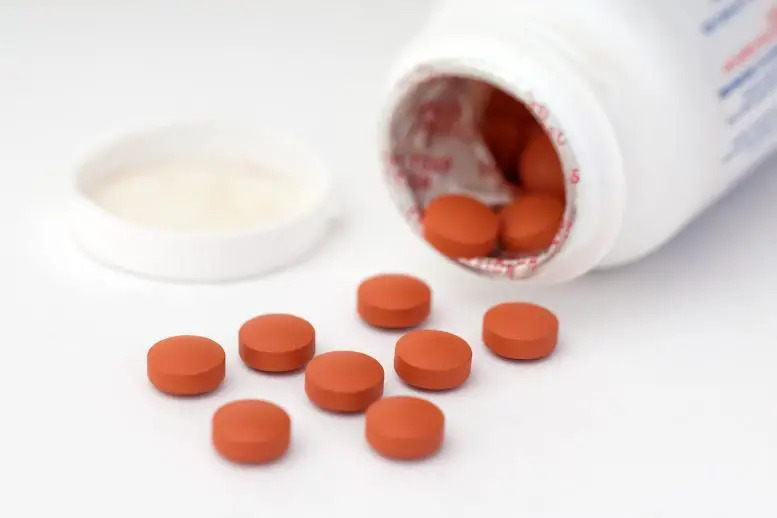
Ibuprofen – Uses, Side Effects, and More
Uses Ibuprofen is used to relieve pain from various conditions such as headache, dental pain, menstrual cramps, muscle aches, or arthritis. It is also used to reduce fever and to relieve minor aches and pain due to the common cold or flu. Ibuprofen is a nonsteroidal anti-inflammatory drug (NSAID)...Read more -

Metronidazole – Uses, Side Effects, and More
Uses Metronidazole is an antibiotic that is used to treat a wide variety of infections. It works by stopping the growth of certain bacteria and parasites.This antibiotic treats only certain bacterial and parasitic infections. It will not work for viral infections (such as common cold, flu)...Read more -

Amodiaquine
Amodiaquine (ADQ) is a medication used to treat malaria, including Plasmodium falciparum malaria when uncomplicated.It is recommended to be given with artesunate to reduce the risk of resistance.Due to the risk of rare but serious side effects, it is not generally recommended to prevent malaria.T...Read more -
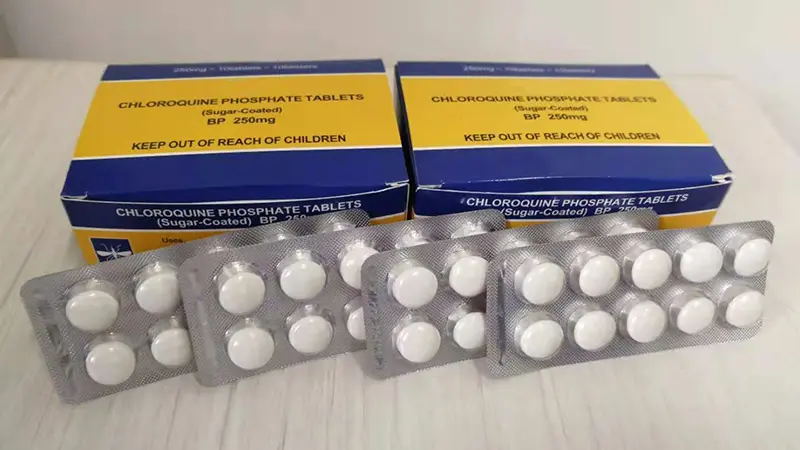
Penicillin V Potassium (Oral)
Penicillin V potassium is a slow-onset antibiotic that is used to treat many types of mild to moderate infections caused by bacteria, including scarlet fever, pneumonia, skin infections, and infections affecting the nose, mouth, or throat. Penicillin V potassium is also used to prevent the sympto...Read more -

Why Do Pills Taste So Bad And Bitter?
“Good medicine tastes bitter,” Confucius once said, although he probably wasn’t talking about aspirin. pop a pill (of the legal variety, of course) and you’ll most likely be left with a nasty, bitter taste in your mouth. Trivial as it may seem, this is a pretty substantial problem in medici...Read more -

How and when to use clotrimazole cream, spray and solution
Dosage and strength Clotrimazole comes as a 1% strength cream, spray or solution. Apply clotrimazole to the affected area 2 to 3 times a day. It will work better if you can use it 3 times a day. How to use it If the affected area is large or hairy, it’s best to use either the spray or solut...Read more -
Penicillin
Penicillins (are a group of β-lactam antibiotics originally obtained from Penicillium moulds, principally P. chrysogenum and P. rubens. Most penicillins in clinical use are synthesised by P. chrysogenum using deep tank fermentation and then purified. A number of natural penicillins have been disc...Read more -

Interactions Between Oral Antifungal Medication And Psych Meds
Interactions Between Oral Antifungal Medication And Psych Meds Antifungal medications are used to treat a number of health issues, including thrush, athlete’s foot, vaginal infection, and jock itch. Before taking one of these medicines, it’s important to know about potential interacti...Read more -
Saline Oral Rehydration Solution: When to Take ORS, How to Take It, and Who Should Avoid It | Health
Summer and dehydration often go hand in hand if you don’t take adequate measures to stay hydrated, but mild to moderate dehydration can be easily treated by taking a glucose and electrolyte solution called oral rehydration salts or ORS solution. Oral rehydration is when we take ORS orally t...Read more -

Antibiotics for dental infections: when does the pain go away?
Once you start taking antibiotics, your toothache may go away within a few days. Pain relief is just one reason your doctor may prescribe antibiotics to treat a tooth infection that occurs when bacteria causes an abscess (pustule), usually in the soft living tissue inside a tooth called bone m...Read more -
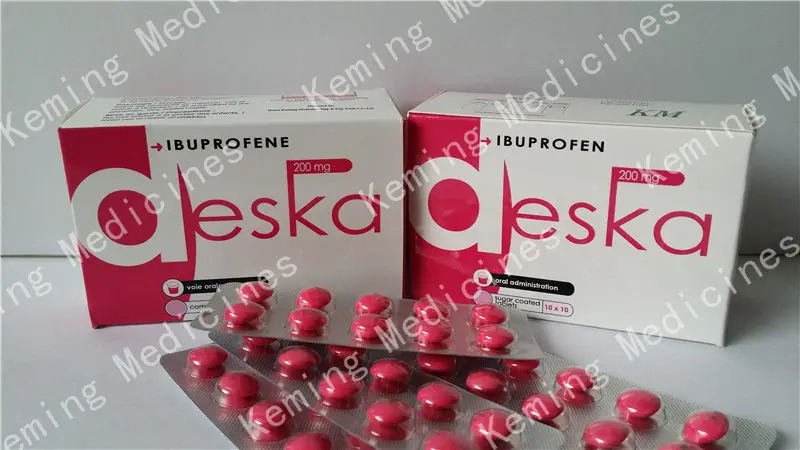
The study found that paracetamol and ibuprofen were equally effective for tension-type headaches.
Researchers conducted a systematic review and meta-analysis to compare the effectiveness of paracetamol and ibuprofen in the treatment of episodic tension-type headaches. Study: Paracetamol versus ibuprofen for episodic tension-type headache: a systematic review and network meta-an...Read more -
Premenstrual Yeast Infection: Causes and Treatment
It is very common to have a yeast infection before your period. The hormonal changes that cause menstruation can also lead to an overgrowth of Candida (the fungus that causes yeast infections). This article explains why you might get a yeast infection before your period and what to do...Read more -
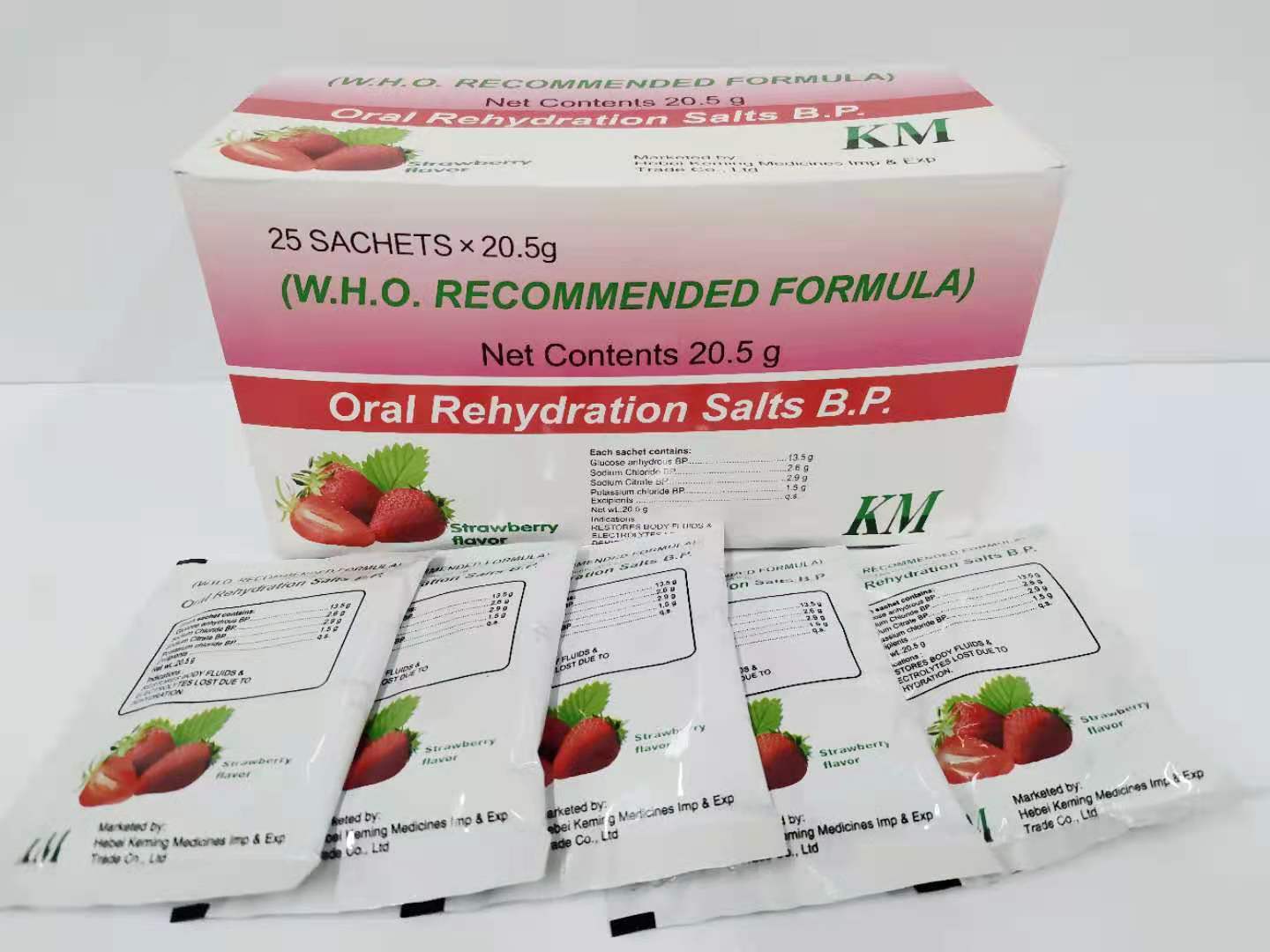
Role of ORS in the treatment of heat stroke and monsoon-induced dehydration
Dehydration is a condition that occurs when the body loses more fluid than it absorbs, resulting in insufficient water to maintain normal body functions. This is a serious disease caused by heat and humidity. It is especially dangerous during heatstroke and monsoon seasons, when the body is more ...Read more -
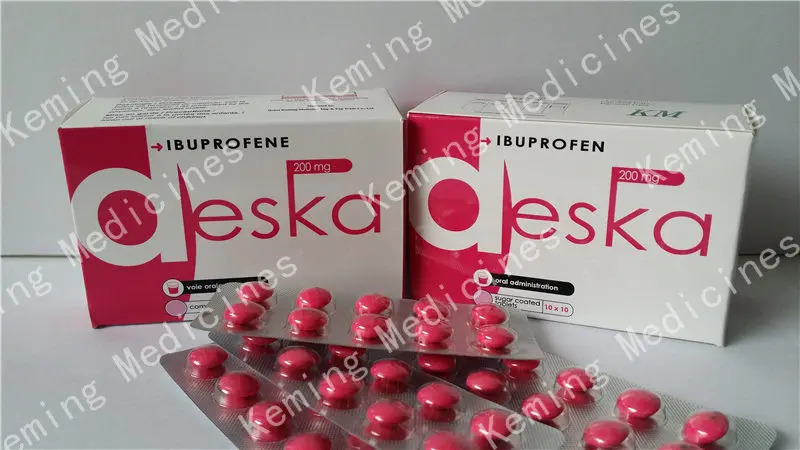
Acetaminophen, Ibuprofen or NSAIDs? Your Guide to Over-the-Counter Pain Relief
When it comes to over-the-counter pain relievers, there are many options, and it can be difficult to determine which one is best for your specific condition. Acetaminophen? Ibuprofen? NSAIDs? What do these drugs mean? What medication should I take to treat common headaches or fever after ...Read more -

Baby Yeast Infection: Diaper, Neck, or Mouth Treatment
A yeast infection on your baby’s neck, diaper area, or other folds of skin in the armpits or around the mouth can cause a red rash with slightly raised edges. This rash is caused by Candida, a yeast that usually exists in the body in harmless quantities but can sometimes grow out of...Read more -

Antibiotics for dental infections: when does the pain go away?
Once you start taking antibiotics, your toothache may go away within a few days. Pain relief is just one reason your doctor may prescribe antibiotics to treat a tooth infection that occurs when bacteria causes an abscess (pustule), usually in the soft living tissue inside a tooth called b...Read more -
Cephalosporins are safe in patients with a proven allergy to penicillin.
High-risk patients with a proven allergy to penicillin can safely receive cephalosporins, according to a letter published in the journal Allergy and Clinical Immunology. The study included 50 patients (mean age 51 years; 78% women) with documented penicillin allergy who received 77 un...Read more -
MHRA announces recall of GSK Zantac products
The UK’s MHRA has issued a recall warning for unexpired Zantac products manufactured by GlaxoSmithKline (GSK) due to possible contamination of the drug with ranitidine. The UK Medicines and Healthcare Products Regulatory Agency (MHRA) has announced that GlaxoSmithKline (GSK) is recalling al...Read more -
How Ambroxol Helps Control Respiratory Diseases
Breathing easily is often taken for granted until a breathing condition compromises this basic human function. These diseases, which affect the airways and lungs, can significantly reduce people’s quality of life and therefore highlight the importance of effective treatment. Among ...Read more -

Amoxicillin Oral: Uses, Side Effects, Interactions, Pictures, Warnings and Dosage
Amoxicillin is used to treat various bacterial infections. This medicine is a penicillin antibiotic. It works by stopping the growth of bacteria. This antibiotic only treats bacterial infections. It does not affect viral infections (such as colds, flu). Using any antibiotic when it is not...Read more






















